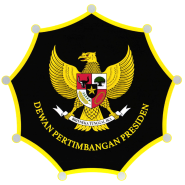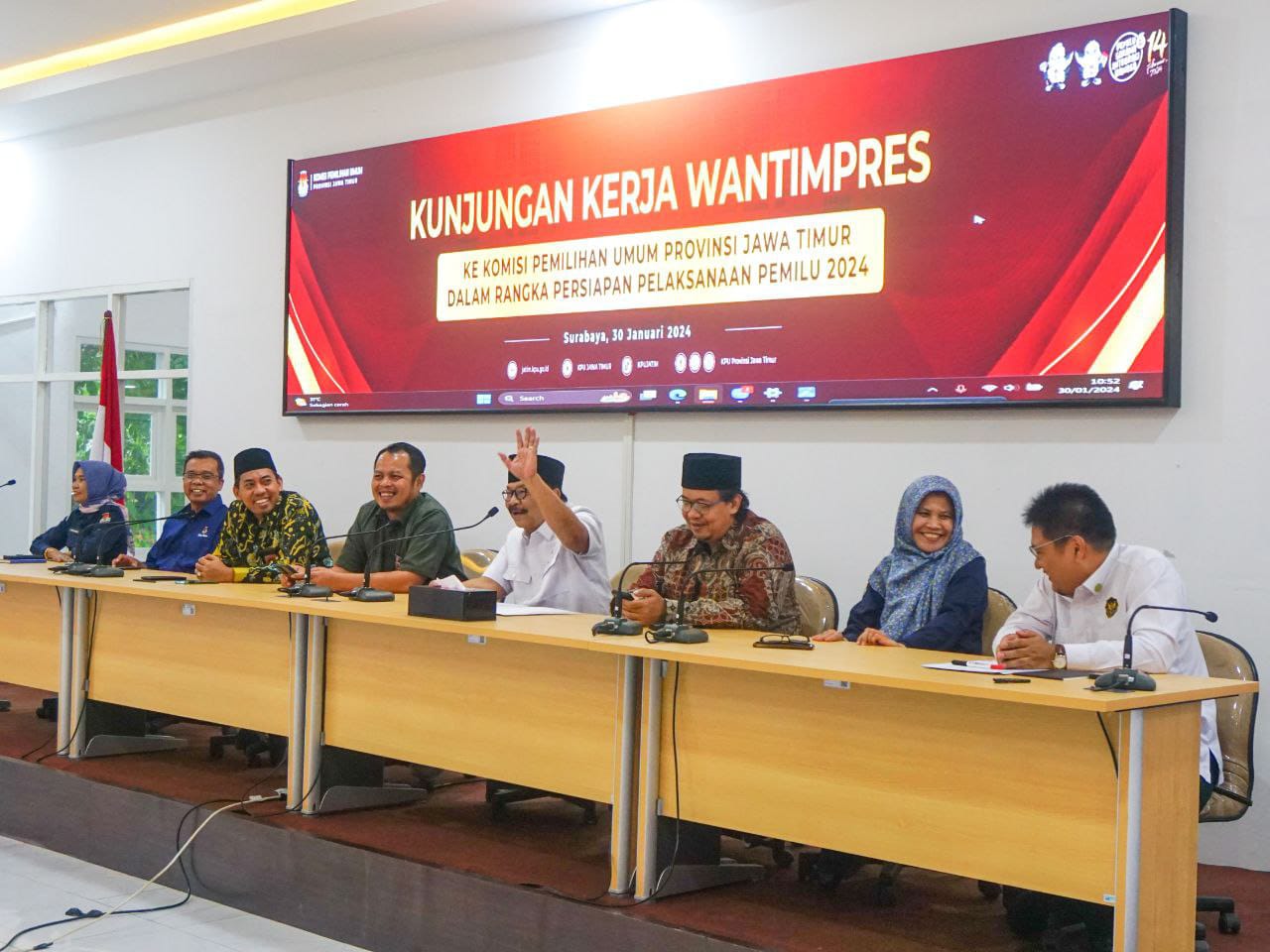Member of the Presidential Advisory Council (Wantimpres), Soekarwo, accompanied
by the Secretary of the Presidential Advisory Council Member, Jan Prince Permata,
conducted a working visit to the East Java Provincial Election Commission (KPU) and the
Regional Election Supervisory Board (Bawaslu) in Surabaya on January 30. The visit was
carried out to observe firsthand the preparations and readiness for the 2024 Elections in East
Java Province.
As a province considered highly strategic in the 2024 Elections, the conduct of
elections in East Java Province is of great concern to the public. Therefore, the preparation
for elections in East Java must be as thorough as possible.
During the visit to the East Java KPU, Soekarwo conveyed that his working visit was
aimed at providing a second opinion to the President through advice and considerations,
particularly regarding the preparation and readiness for the elections on the ground. The
Chairperson of the KPU, Choirul Anam, stated that for the 2024 Elections, the East Java KPU
is preparing 120,666 polling stations (TPS). Anam also mentioned that the implementation of
the 2024 Elections in East Java is already very well-prepared. Both the procurement and
distribution of election logistics have been completed by January 15. Therefore, the current
focus is on monitoring the distribution of logistics to the polling stations, aided by the
Election Logistic Information System (SILOG) application developed by the KPU.
Anam targets a minimum voter turnout of 82% in East Java, similar to the 2019
elections. The only concern is the weather conditions on election day, which may potentially
decrease voter turnout.
Meanwhile, in his presentation, the Chairperson of Bawaslu East Java, A. Warits,
mentioned that in conducting supervision, Bawaslu East Java greatly relies on public
awareness and participation to oversee the elections due to limited human resources. Bawaslu
East Java also mentioned that currently, there is only one supervisor available for each village
in East Java. It is hoped that the number of supervisors can be increased to provide more
optimal oversight.
Bawaslu East Java also identified gaps in regulations to address digital transactions
related to vote-buying and to penalize vote-buying perpetrators outside of registered election
participants and teams. Bawaslu East Java also assessed that internal elements, such as state
apparatuses and election organizers, maintain neutrality. Another factor to be cautious of is
external intervention.
Soekarwo appreciated the readiness of the two election organizers, especially in
utilizing digital technology to support better election implementation.



